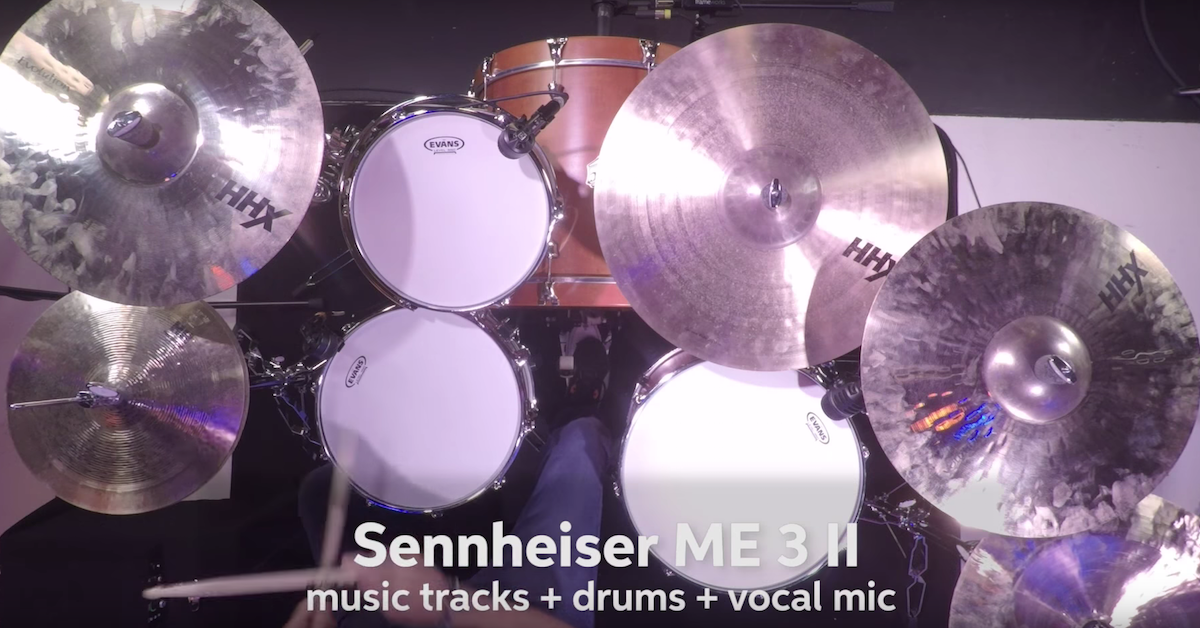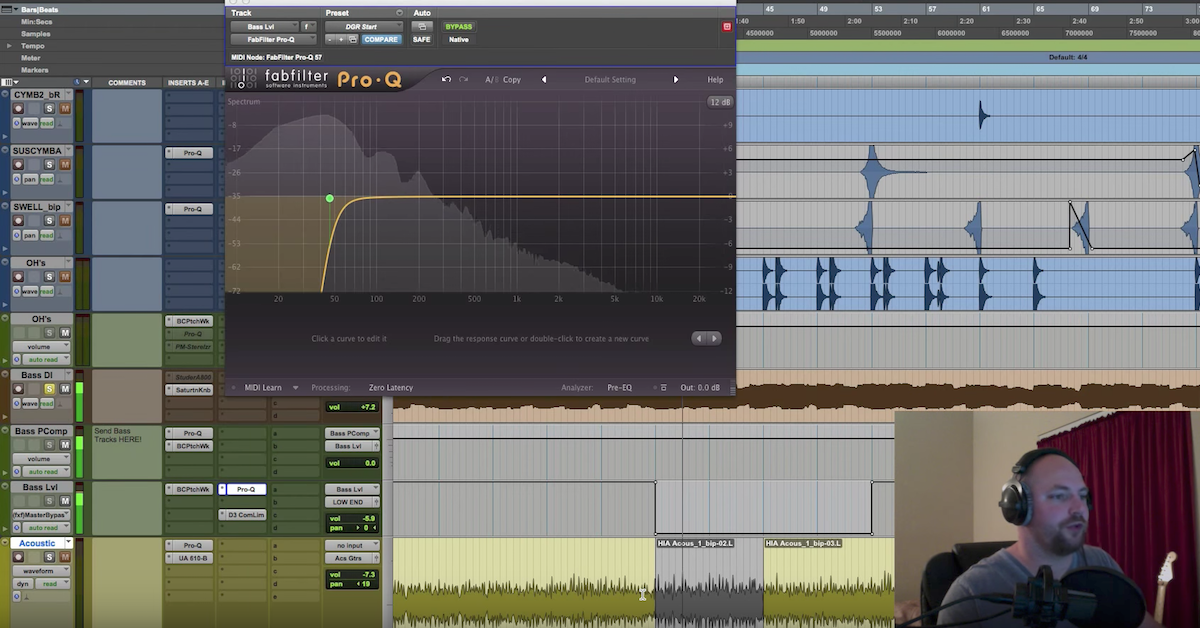2B or Not 2B, That Is the Drummer’s Question
Article Content
We all think we’re familiar with drums. They’re very common in our culture and music.
How much do you really know, though? In this article we’re going to talk about drumsticks (music hammers if you will).
Weapon of Choice
Choosing sticks is one of those things that is usually left up to the preference of the drummer. However, if a sound isn’t vibing it’s time to start dissecting all the elements.
Drumsticks impact (get it) the way a drum sounds. The type of head on the drumstick and/or the weight of the stick are important factors.
But before we get into weight lets get back to the tip. There are 3 options for tips: Wood tips, nylon tips and butt end.
Wood tips tend to be the warmest as you’d expect. They are also likely to wear out before a nylon tip.
Nylon tips are the brightest. You will notice it mostly on cymbals, but it also makes tom and snare hits more present.
Butt end. This is when you flip the stick around and play with the bottom of the stick (opposite the tip). This tends to be loud and forceful. It’ll pull out more raw frequencies from the cymbals and be more barbaric on the toms.
Sidebar
If you don’t know what a tip is: it’s at the end of the drumstick and has a teardrop look to it. It’s generally smaller than the diameter of the stick. This is usually what you hit the drums and cymbals with.
Tip The Scale
Weight plays a major role in the tone you get from drums.
If you think about it, a beefier stick will yield a deeper sound. A thinner stick won’t have as much girth. Man, it’s hard to keep this clean … Damn, I did it again. Ok, please keep your thoughts PG.
The weight also affects the tone of rim shots and rim knocks. In essence, this is a great way to EQ drums before they hit the mics.
Illusion Of Choice
Often drummers have a specific weight and tip they’re into. I always start there. But, if the room is really bright and I’m trying to get more beef out of a drum, I’ll ask if they have any 5B’s or 2B’s.
If the room is really bouncy and isn’t responding well to volume, I will ask if they have any 5A’s or 7A’s.
You see, weight also affects volume. Much like you can choose wattage for a guitar amp, you can do the same with sticks.
Wooden Ships
Some companies use different materials for sticks. Maple and oak are two popular options. There is a difference in the density of those two kinds of wood which, you guessed it, affects the tone!!
I know I may be sounding a little Rain Man here, but the type of wood def affects the sound. Yeah, def, def affects. Definitely affects the sound.
Enter Sandman
When I was taking drum lessons as a youngster, I was studying with a fantastic drummer from the big band era. At the time I was really into Latin grooves like the Songo. He recommended I try wooden dowels. You can go to the hardware store and buy wooden dowels and then cut them to length.
The sound was quite pleasing. There are a few reasons that make these sticks unique: there is no tip and they are not lacquered.
Shellack is Whack
Drumsticks are usually lacquered. There is a good reason for this:
- It keeps them from warping
- It keeps them from splintering
- It lengthens the life of the sticks
Dowels are cheap enough to replace. So if they get warped, no biggie. After I cut them to length I sand them down to help with the splintering issue.
It was my all-time favorite for playing the snare drum with the strainer off. Rim shots were warm, the attack on cymbals was gentle. A winner for recording.
Lacquer on sticks makes them harder. (Keep it clean people). This affects cymbal crashes and rim shots.
Try it, you’ll be surprised. Make sure to round off the edges of the stick while you’re sanding them. Drums don’t like sharp edges.
Length
Size matters. If you’re not being told that, chances are someone is trying to spare your ego … I’m talking about drumsticks people!! C’mon, get outta the gutter.
If you think about the length of the stick, the longer it is, the bigger swing you have before you hit the drum. This usually results in more velocity.
All The Small Things
Often in a loud live situation, these small nuances can get lost. But, when you’re in the studio each element of the equation is amplified and clear.






